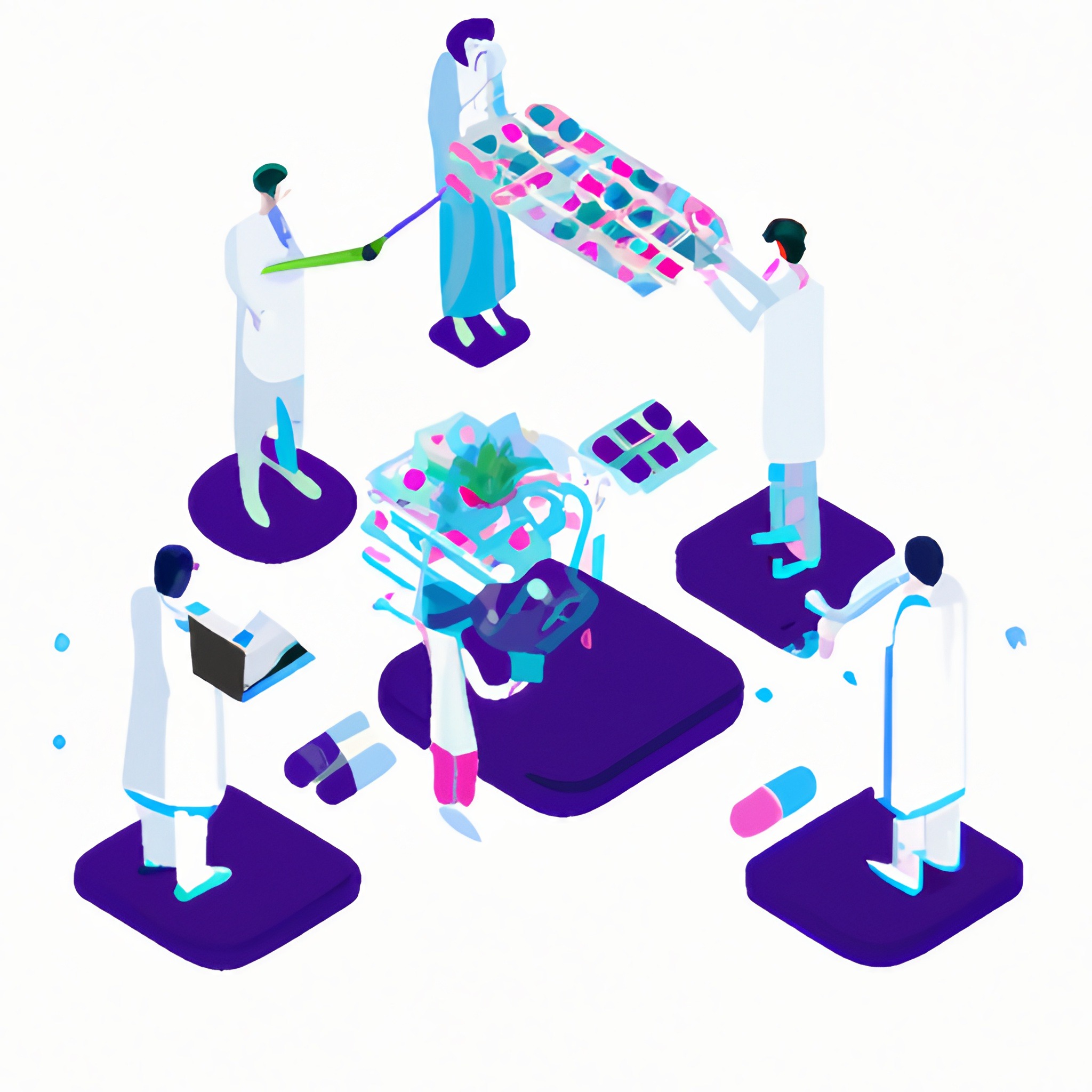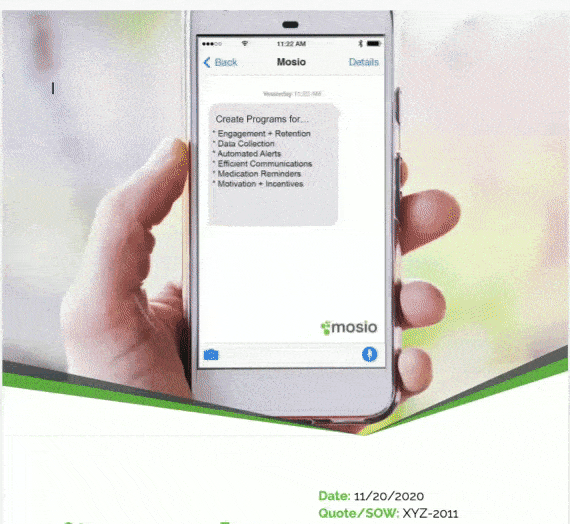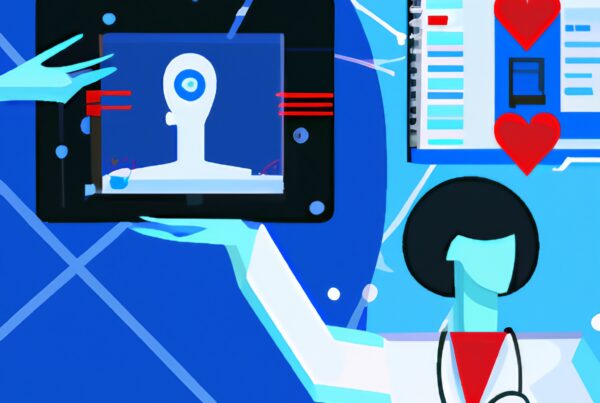As we move into the future of clinical trials, artificial intelligence (AI) is playing a more integral role than ever. AI enables more accurate analyses of data points, faster results that can provide improved accuracy compared to older methods, and technology-driven improvements in identifying patterns within large datasets. In this 7-part series, we will explore how AI is revolutionizing the world of clinical research, from virtual trial design to patient recruitment and safety monitoring during trials through to post-marketing assessments for drug development teams. Alongside this information-rich series of blog posts – readers will gain all the necessary knowledge about AI’s impact on clinical trials that they need to be informed decision makers.
Revolutionizing Clinical Trials: How AI is Streamlining the Drug Development Process
Clinical trials are a critical part of the drug development process. They provide valuable insight into the safety and efficacy of potential treatments, helping to ensure that only safe and effective drugs make it to market. However, clinical trials are also time-consuming and expensive, which is why many researchers are looking for ways to streamline the process and improve efficiency. One of the most promising solutions is artificial intelligence (AI). Here’s how AI is revolutionizing clinical trials and streamlining the drug development process.
Speeding Up Data Collection and Analysis
One of the biggest challenges in clinical trials is gathering accurate data quickly. This requires numerous tests and evaluations, which can take weeks or even months to complete. AI makes it possible to speed up data collection by automating certain tests and providing researchers with real-time feedback on progress. This allows them to identify any problems early on in the process, saving both time and money.
AI can also be used to analyze data more quickly than ever before. Instead of relying on manual methods, AI can automatically detect patterns in large datasets, allowing researchers to gain insights that would otherwise be impossible. This helps them make informed decisions faster than ever before, accelerating the drug development timeline significantly.
Improving Patient Care
AI isn’t just useful for speeding up the drug development process; it can also be used to improve patient care during clinical trials. For example, AI-powered chatbots can provide participants with information about their trial in a personalized manner, reducing confusion and ensuring that everyone understands what’s expected of them throughout the process. AI models can also detect subtle changes in patient behavior or vital signs that could indicate a potential problem early on, allowing doctors to intervene before it’s too late.
Conclusion
The use of AI in clinical trials has already revolutionized how drugs are developed and tested, making it possible for companies to bring treatments to market faster than ever before while still ensuring safety and efficacy standards are met every step of the way. Going forward, advances in machine learning will continue to give researchers greater insight into their clinical trial data while improving patient care as well—allowing us all to enjoy better healthcare sooner rather than later!
Communications automation is the future of clinical trials, happening now. Use Mosio mobile messaging software to improve engagement, adherence, and data collection in your clinical trials, available on every mobile device. Get a quote for any current or upcoming studies you have or contact us for a demo.
Note: The titles, content and artwork for the articles in this series were all created by AI.







